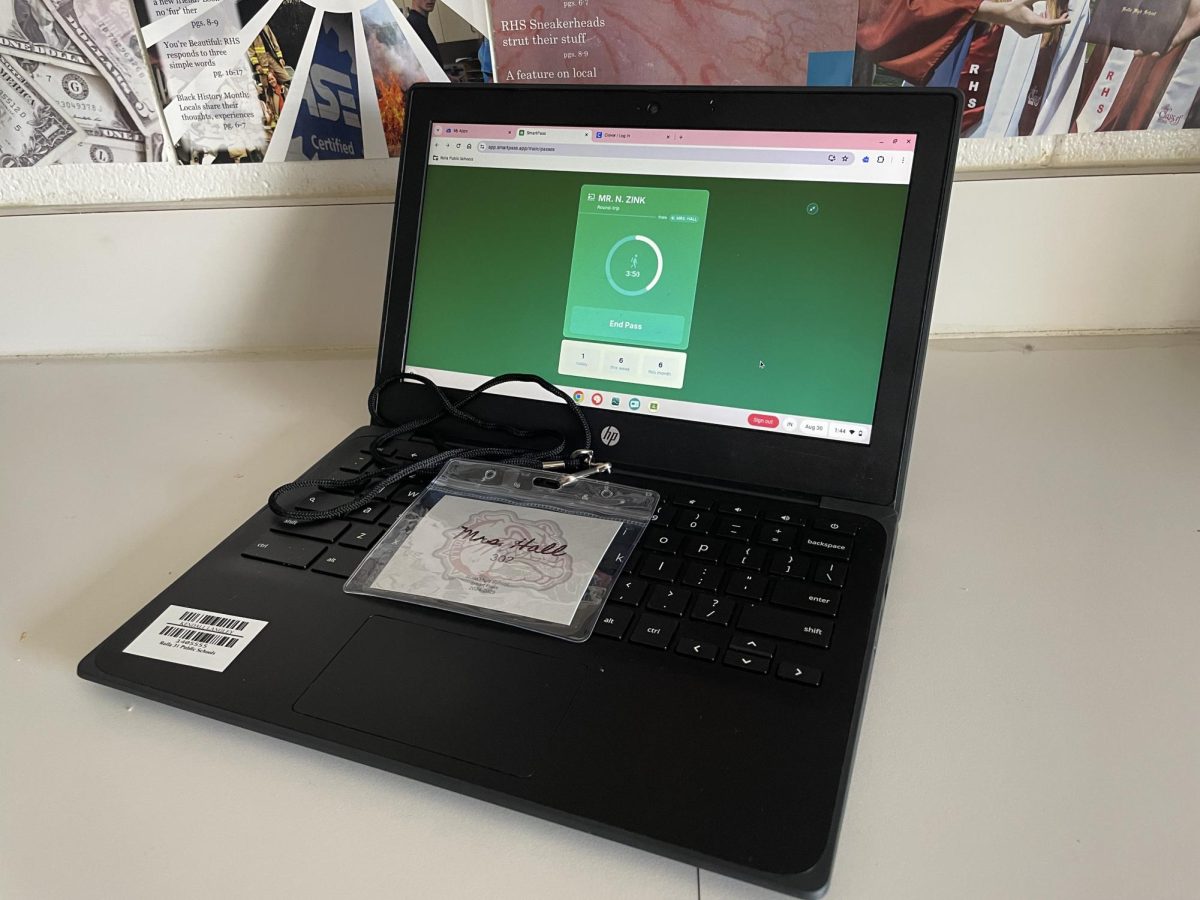On Jan 19 the popular file sharing site, Megaupload, was shut down by the United States Department of Justice. Megaupload is a site where anyone can upload a file to be sent to someone else anywhere in the world. However, a large amount of these files were copyrighted. Making up four percent of the Internet, its shutdown had a major impact on web users. While the company is based in Hong Kong, Megaupload had a handful of servers in the U.S., which led to the prompting of the shutdown.
“It’s their own fault,” junior Tim Hogan said, “If they would have been smart they wouldn’t have been shut down.”
Since the government has seized the records of all files transferred (legal and pirated), they have the potential to sue users for large sums of money for what would have been just a small transaction.
“It doesn’t really worry me,” junior Michael Wallenfang said, “if the government is going to charge someone an ungodly amount of money, it’s very unlikely that they can ever pay back the entire amount. So while the government may toss around numbers like one-hundred million dollars, that’s money that they’re never going to see.”
However, those who have copyright do have the right to take whatever legal action they wish.
“I think people should be punished for piracy,” junior Alex Williams said. “If they know that they’re wrongly stealing something, the government should be allowed to prosecute them accordingly. Even if you’re a millionaire, you have the right to protect what you created. You should be able to control what you do with your content and also what other people want to do with it.”
Megaupload claims that they did not encourage piracy and were trying to keep the site away from it. This, under the DMCA (Digital Millennium Copyright Act), would mean that they were innocent.
“I don’t think their initial intent was for it to be a haven for sharing copyrighted material, it just ended up that way,” Hogan said.
Megaupload had a system where copyrighted files could be reported and taken down. However, most of the files still made it through.
“It’s all they can do,” Wallenfang said, “with such a large volume of files, fact is some are pirated and it’s hard to control.”
A similar situation happened with YouTube in 2007 when they were accused of hosting pirated material. The court ruled in favor of YouTube because they were only hosting pirated material, not creating it themselves, which is protected under the DMCA.
“It seems to be a bit of a different situation with Megaupload,” Wallenfang said, “you had complete discographies and movies with one click while YouTube just had copyrighted videos unintentionally posted.”
Since Megaupload could only be prosecuted because they had servers in America, it brings into question what really is legal on the web.
“The internet isn’t something someone can own,” Wallenfang said “It’s not a tangible thing. There needs to be an international set of laws that all countries would adhere to prevent stuff like this from happening.”
It makes for a strange situation. What is illegal in the U.S. might be legal somewhere else, and therefore legal through the Internet.
“Megaupload could very easily just relocate their servers to another country where the laws are more lenient and be able to run without problems,” Hogan said.
This whole incident happened just after SOPA and PIPA were shelved, which were bills that had the intent to stop online piracy.
“The government showed that they can still work with the laws they have to stop piracy,” Hogan said. “They knew that Megaupload was helping spread piracy, making them an easy target.”
With Megaupload in rumors to already becoming back, it brings the question of how much the Internet can be controlled.
“Government can try to stop piracy all they want,” Hogan said, “but all that happens is the server moves and it just keeps going.”








